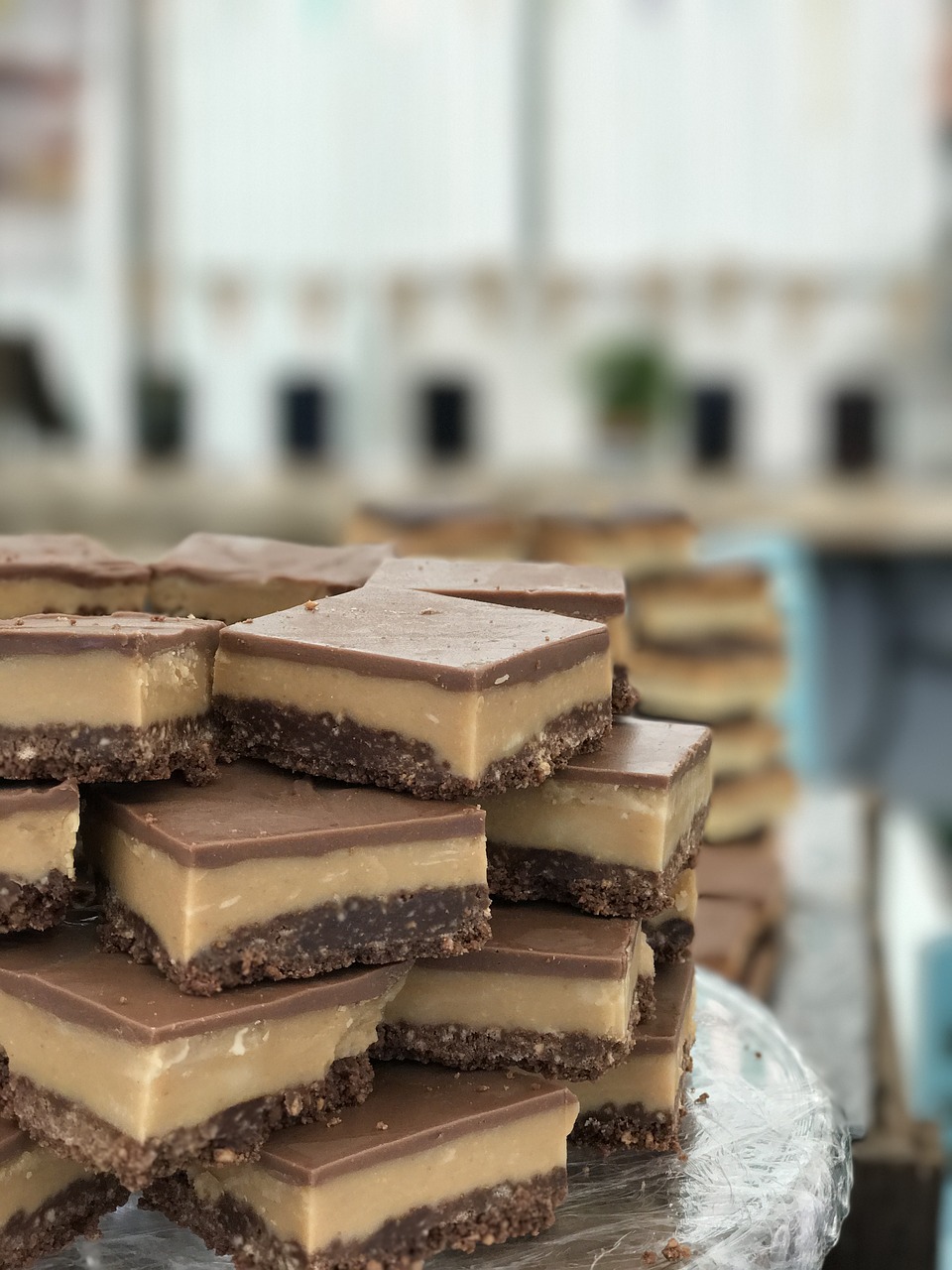Ingredients:
7 ounces plain flour or 7 ounces all-purpose flour
2 ounces sugar
4 ounces butter
1 pinch salt ( small)
Directions:
Sift/sieve the flour into a bowl and add the pinch of salt. Put aside for the moment.
Make some space in the fridge, if necessary, for the bowl you’re about to use in case you quickly need to chill the mixture.
Using butter, grease the baking tray well and put it aside for the moment. Yield for fingers (much preferred) is around a 7 to 8 inch square. For Petticoat Tails it will yield a chunky 8 inch circle.
Pre-heat the oven (Gas Mark 3 (325F / 165C degrees)).
Put the butter (if using unsalted butter then ADD a pinch of salt to it) into a medium-size mixing bowl and mash it with a fork until it is soft and creamy without lumps. But don’t let your hand heat warm it so much it starts to get runny. If you do, then put the bowl complete with butter & fork into the fridge for 5 – 10 minutes to cool it, then take it out and mash quickly again until smooth and creamy with no lumps.
Add the sugar and mix it in well, and quickly.
Add the salted flour a VERY little at a time – mixing it in with the fork to start with, but do this quickly.
Knead well (on a very lightly floured surface). I was advised: knead for several minutes, and that the longer you knead, the better the shortbread will be. I usually aim for kneading for anything up to 10 minutes as I was told to, but get fed up after 7 minutes and reckon it can’t make THAT much difference! What is very important is: Don’t allow the mixture to become too warm from your body heat whilst kneading. If it does, as before, put it into the fridge for a couple of minutes to chill it slightly before resuming. If you do find the need to chill it, as I often do on a hot day, then do knead it for at least a minute or so before rolling it.
Something I should add despite the copious over-instruction here: I’ve never owned a rolling pin until a couple of days ago. I don’t know if using one will affect the texture, but I always used to pat it down as best I could with my palms.
Roll the mixture out to shape and size of the tray. For fingers, roll out to about 1/2 inch thick or perhaps even slightly thicker (this sounds awfully thick I know!, but it is important as if you go thinner it will affect the texture, and amazingly, the taste). For petticoat tails it needs to be a little under 1/2 inch thick to yield a chunky circle of about 7 to 8 inches.
For fingers: prick all over with a fork and put it into baking tray. Do try to use one that can fit exactly, or one that at least three sides of the mixture fit snugly against, as any outer edges that don’t butt right up against the sides of a tray tend to get a bit over-baked.
For petticoat tails: using fork prongs, from the outer edge towards the centre, indent the top about a 1/2 inch all the way round to give it a nice crinkly edge – sort of like the teeth on a cogwheel, then prick all the way round the middle ideally rotating the fork or the pastry (or yourself!) to give a pretty effect when cut. Carefully lift and support the decorated circle and place and fit snugly into the circular baking tray. Score lightly (to about halfway downwards to bottom of the tray) into eight equal segments.
Bake until golden brown for about 45 minutes at Gas Mark 3 (325F / 165C degrees). Do keep an eye on it! Petticoat tails seem to require a little less baking time. Hard to describe the colour to bake until. From experience I know what colour I’m looking for – you don’t really want it to be undercooked, but when it’s starting get a bit dark around the edges it’s probably beginning to get a bit overdone already. Basically cook until it’s just starting to darken round the edges then get it out quick and cool it – I usually place the hot tray on a very cold surface until cool.
Whilst still quite warm in the tray, mark across and cut into finger-shaped pieces (if not making petticoat tails) – but leave them there in the tray, cut and together until fully cold.
For petticoat tails it’s customary to sprinkle liberally with castor sugar.
Sorry to be such a pedant about this recipe! I feel a bit like a mother hen clucking about “must do this — “, “should do that — ” 🙂 But it is worth taking some care over as the resulting shortbread will be so good you’ll be hassled to make it much more often by everyone you share the pieces with :).
SERVING SUGGESTION:.
Just on its own with a nice cup of tea or coffee, but also scrumptious on a plate with and/or dunked into a generous helping of creamy Cornish Dairy ice-cream and strawberries, jam (jelly) or fresh fruit.
Personal Note:.
I live an ultra low-fat, low-sugar (or at least low quantities of sugars at a hit), calorie-controlled lifestyle. (I’m on maintenance these days rather than reduction – I don’t think I dare get any leaner or people would worry!).
Notwithstanding, I still make and eat pieces of this shortbread occasionally despite the fact that there’s nothing remotely low fat, low-sugar or low calorie about it. At least there’s not much salt!
You can make substitutions or add essences and flavourings and it’ll probably work out fine but it won’t be the same shortbread – it won’t taste the same, it won’t have the same texture, but the efforts you’ve put into making it (and clearing up afterwards) will have been the same. I reckon it’s got to be worth trying it without substitutions first time around – you can always give the pieces that you know are much more than you really should be letting yourself scoff to friends and family who will bless you for it! And you don’t NEED to eat them all at once! – they keep well in a biscuit tin or cookie jar in a cool, dark place for quite a long time (given half a chance!). I guess you could probably freeze them too (if enough left!).
ADDITIONS SUGGESTIONS:.
Occasionally just for a change, right near the end of kneading I have added glace cherries, or occasionally sultanas or raisins, sometimes with and sometimes without cinnamon. Cherries worked ok, but wasn’t crazy about the fruit. You could even split the kneaded mixture in two and do half plain and half with extra stuff then nudge them together in the baking tray for baking. I’ve never tried dessicated/flakes coconut or chunky milk/dark chocolate chips or crystallized (candied) ginger pieces perhaps with a bit of ground ginger in with the mix though I’ve often been tempted to – do let me know how they turn out if you do!
I do know that dipping the tops from above at an angle into good quality melted real chocolate (not baking chocolate) so that the bottom remains uncoated and only half of the top is coated then leaving to cool (that’s the tough bit!) is absolute heaven on earth in the eating. It also occurred to me while choco-dunking one time to add some dessicated coconut into the chocolate first – but I didn’t have any – bet it’s nice though!
Do enjoy and best wishes from England – and Scotland!
Servings: Serve
Time preparation: 20 min.
Time total: 65 min.

